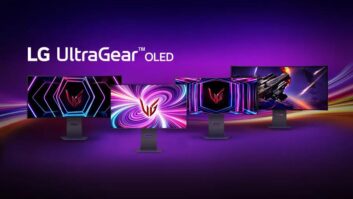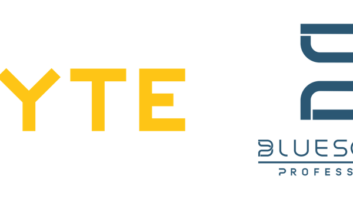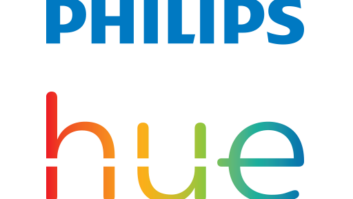Palo Alto, Calif.
– Hewlett-Packard has decided to spin-off or sell its personal systems group
(PSG), which markets PCs, tablets and smartphones, and discontinue sales of its
WebOS-based tablets and smartphones.
The decisions were
made as a part of an overall strategy to go after other software and Cloud-based
services and markets.
HP said in a
statement, “The personal computing market is quickly evolving with new form
factors and application ecosystems. Given these realities, HP believes it is in
the best interests of the company and its shareholders to explore ways for PSG
to position itself to address these rapid changes and maintain its
technological and market leadership positions.”
HP’s board
approved the exploration of strategic alternatives for PSG which will include a
broad range of options, such as a full or partial separation of PSG from HP
through a spin-off or other transaction. The process will take 12 to 18 months.
Leo Apotheker, HP president/CEO,
added, “As we explore alternatives for PSG, we will be focused on a path that
not only enhances value for HP shareholders but also provides greater
opportunities for our people, businesses, partners and customers. While this
process is underway, we will remain focused on operating our businesses.”
HP will
discontinue operations for WebOS devices, specifically the TouchPad and WebOS
phones, by the end of the year. The devices have not met internal milestones
and financial targets. HP will continue to explore options to optimize the
value of WebOS software going forward.
Cathie Lesjak,
executive VP and chief financial officer, said on an analysts call, which also
revealed fiscal third-quarter results, that when WebOS software for its
TouchPad tablet PC was launched, it received “strong reviews.” But the
TouchPad, introduced in July, had “disappointing sell-through” and that its
$100 price cut didn’t help. HP expected “an even larger loss in Q4.” Lesjak said
HP estimated that it would have taken two years to make WebOS devices
profitable but there was no guarantee that it would happen with such a new
operating system.
In answer to a
question about WebOS software, Apotheker, said, “We are looking at all
strategic options. Software received very well. We are looking at all our
devices to other devices … and looking at all possible business models to best
extract value out of WebOS.”
HP’s decision to
exit the computer and mobile device business is part of a dramatic transition
for the company to sharpen HP’s focus on its strategic priorities of Cloud,
solutions and software with an emphasis on enterprise, commercial and
government markets.
The announcement
was made at the same time as the announced acquisition of Autonomy Corp., a
U.K.-based infrastructure software company estimated more than $10 billion in
cash.
“The addition of
Autonomy will accelerate HP’s ability to deliver on its strategy to offer Cloud-based
solutions and software that best addresses the changing needs of businesses,” Apotheker
said.
HP reported in its
fiscal third quarter, ended July 31, its PSG revenue declined 3 percent year
over year, with a 5.9 percent operating margin. PSG remains the PC market
leader in terms of units, revenue and profit share. The group represents 31
percent of HP’s revenue in the quarter.
HP’s net revenue
for the quarter was up 1 percent to $31.2 billion year on year, while GAAP net
earnings were up 9 percent to $1.9 billion.
to take take on the personal computer market in
2002.
, and its Web OS platform for $1.2 billion last April.













